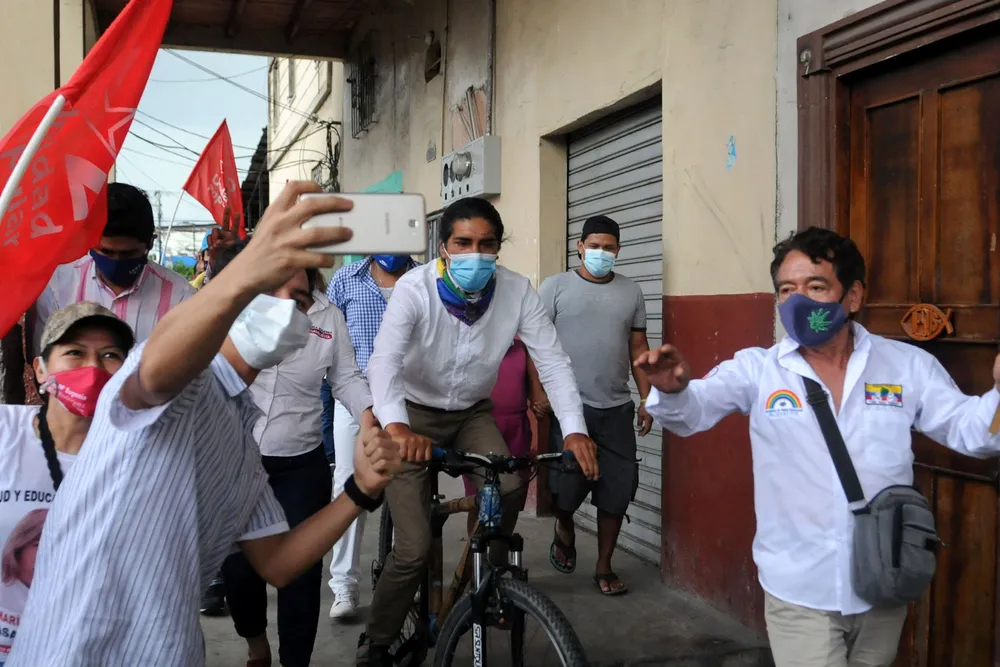Energy on the agenda as Ecuador heads to polls
Ecuador is on course for a presidential run-off vote, but a fragmented legislature means any winner will struggle to grab the economic nettle

Ecuador is on course for a presidential run-off vote, but a fragmented legislature means any winner will struggle to grab the economic nettle
